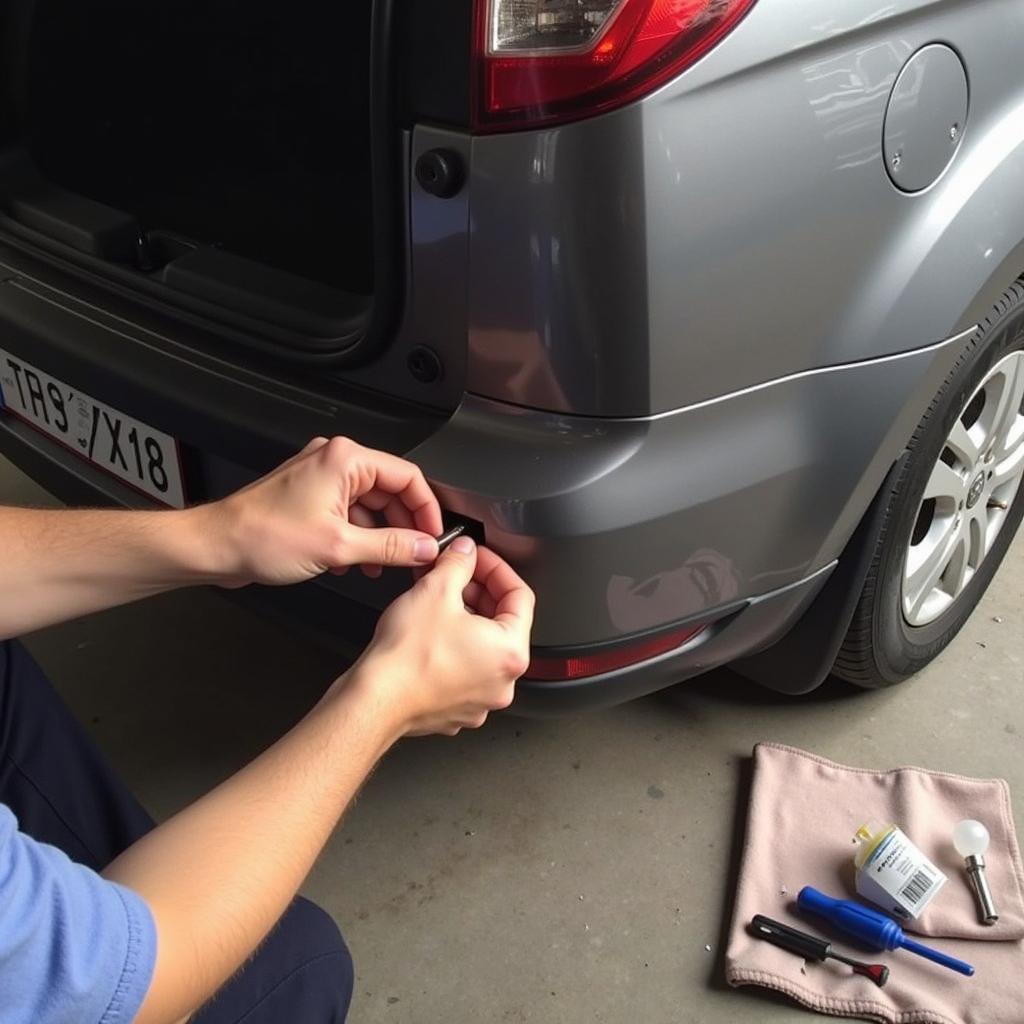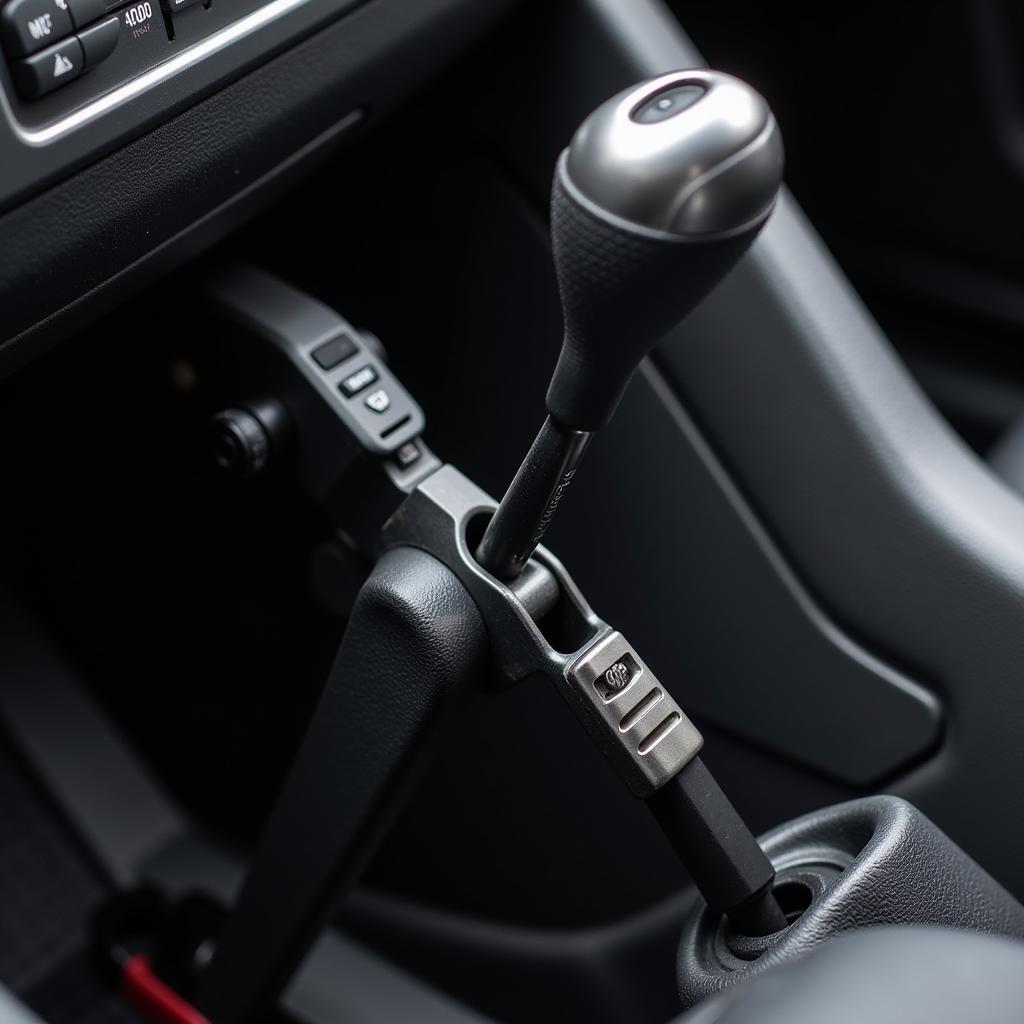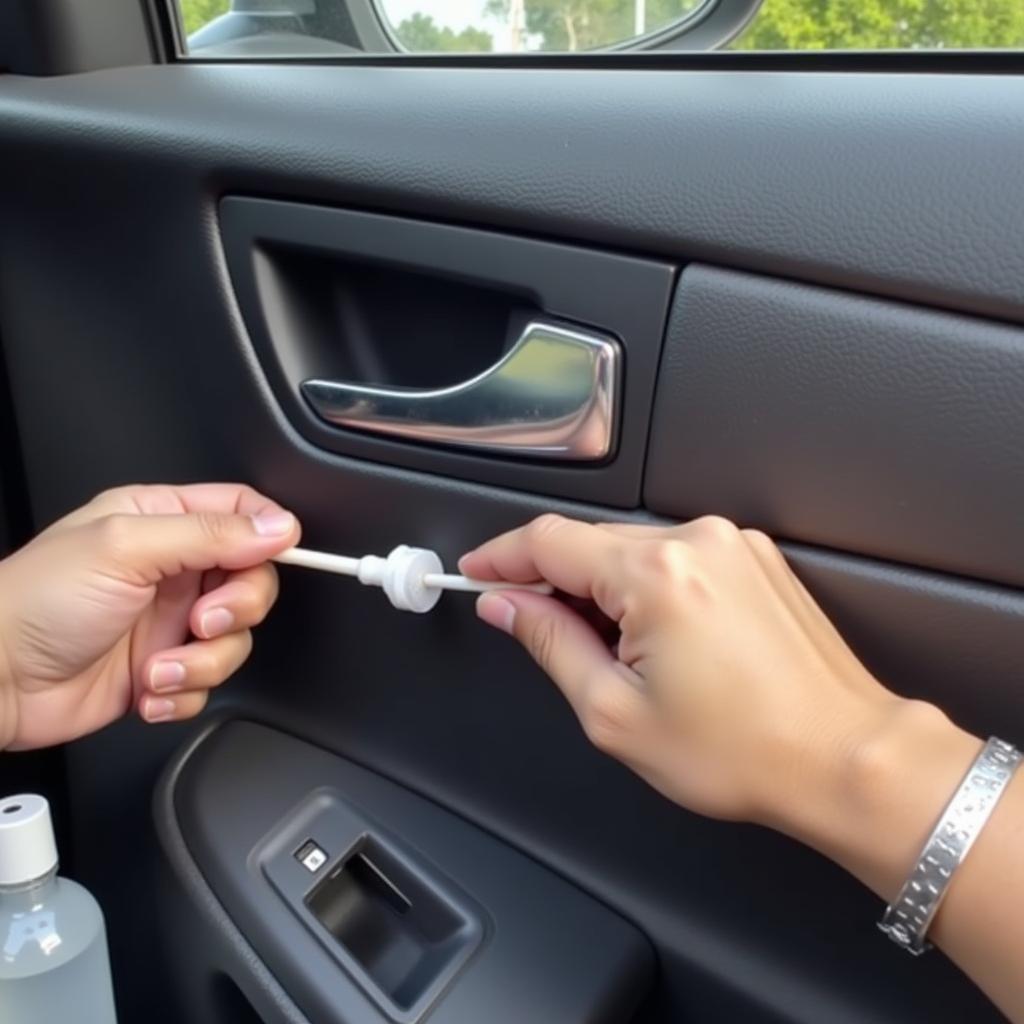Experiencing car shaking at high speeds can be unnerving and dangerous. This issue can stem from various problems, from simple tire imbalances to more serious mechanical failures. Understanding the potential causes and how to address them is crucial for maintaining a safe and comfortable driving experience.
If your car starts shaking when you reach higher speeds, don’t panic. This article will guide you through common causes and provide practical solutions to help you fix this issue and get back on the road smoothly. We’ll cover everything from simple DIY fixes to when you should seek professional help. After reading this, you’ll have a better understanding of how to diagnose and resolve this unsettling problem.
Common Causes of Car Shaking at High Speeds
Several factors can contribute to car shaking at high speeds. Let’s break down the most common culprits:
Tire Issues
-
Tire Imbalance: This is the most frequent cause of vibrations. Even a small weight discrepancy can cause noticeable shaking, especially at higher speeds. As tires wear, they can lose balance, requiring rebalancing.
-
Uneven Tire Wear: Worn-out or unevenly worn tires can also trigger vibrations. Check your tire tread depth regularly and rotate your tires as recommended by your car’s manufacturer.
-
Damaged Tires: Bulges, cuts, or other damage to the tire structure can cause imbalances and vibrations. Inspect your tires carefully for any visible damage.
-
Incorrect Tire Pressure: Overinflated or underinflated tires can also affect your car’s handling and stability, potentially leading to shaking. Maintain the correct tire pressure as specified in your owner’s manual.
Wheel Problems
-
Bent or Damaged Rims: A bent or damaged rim can cause similar symptoms to a tire problem. Have your wheels inspected for any damage.
-
Loose Lug Nuts: Ensure all your lug nuts are tightened to the correct torque specification. Loose lug nuts can cause the wheel to wobble, resulting in vibrations.
Brake System Issues
-
Worn Brake Rotors or Drums: Warped or unevenly worn brake rotors or drums can cause shaking, especially when braking at high speeds.
-
Sticking Brake Caliper: A sticking caliper can cause uneven braking and lead to vibrations.
Steering and Suspension Components
-
Worn Suspension Components: Damaged or worn-out suspension components like ball joints, tie rod ends, or control arms can cause instability and shaking.
-
Steering Linkage Problems: Issues with the steering linkage can also contribute to vibrations, especially at higher speeds.
Other Potential Causes
-
Driveline Issues: Problems with the driveshaft, CV joints, or U-joints can cause vibrations that worsen with speed.
-
Engine Problems: In some cases, engine issues, such as misfiring or worn engine mounts, can also contribute to vibrations.
How to Fix Car Shaking at High Speeds: A Step-by-Step Guide
- Check Tire Pressure: Ensure all tires are inflated to the recommended pressure.
- Inspect Tires for Damage: Look for bulges, cuts, or uneven wear.
- Check Wheel Balance: Have your tires balanced at a tire shop.
- Inspect Rims for Damage: Check for bent or damaged rims.
- Check Lug Nuts: Ensure all lug nuts are properly tightened.
If you’re still experiencing trouble with your aux port, or having other car audio issues such as a how to fix bluetooth static in car, we have guides to help you out. For example, if you have a scratch you can follow our detailed guide on how to fix scratch paint on car.
Expert Insights
“Tire imbalance is the most common culprit behind car shaking at high speeds,” says automotive expert, John Davis. “Regular tire rotations and balancing can prevent this issue.”
“Ignoring vibrations can lead to more serious problems and costly repairs,” warns mechanic, Sarah Miller. “Addressing the issue promptly is essential.”
Conclusion
Car shaking at high speeds can be a sign of various underlying issues. By understanding the potential causes and following the steps outlined above, you can diagnose and fix the problem, ensuring a safe and comfortable driving experience. Remember to address the issue promptly to prevent further damage and ensure your safety on the road. Need help? Contact AutoTipPro at +1 (641) 206-8880 or visit our office at 500 N St Mary’s St, San Antonio, TX 78205, United States.
If your bluetooth car adapter has noise from interference how to fix it may also affect your driving experience. Similar to fixing your aux port, check out our helpful guide how to fix my aux port in my car for solutions.







Leave a Reply